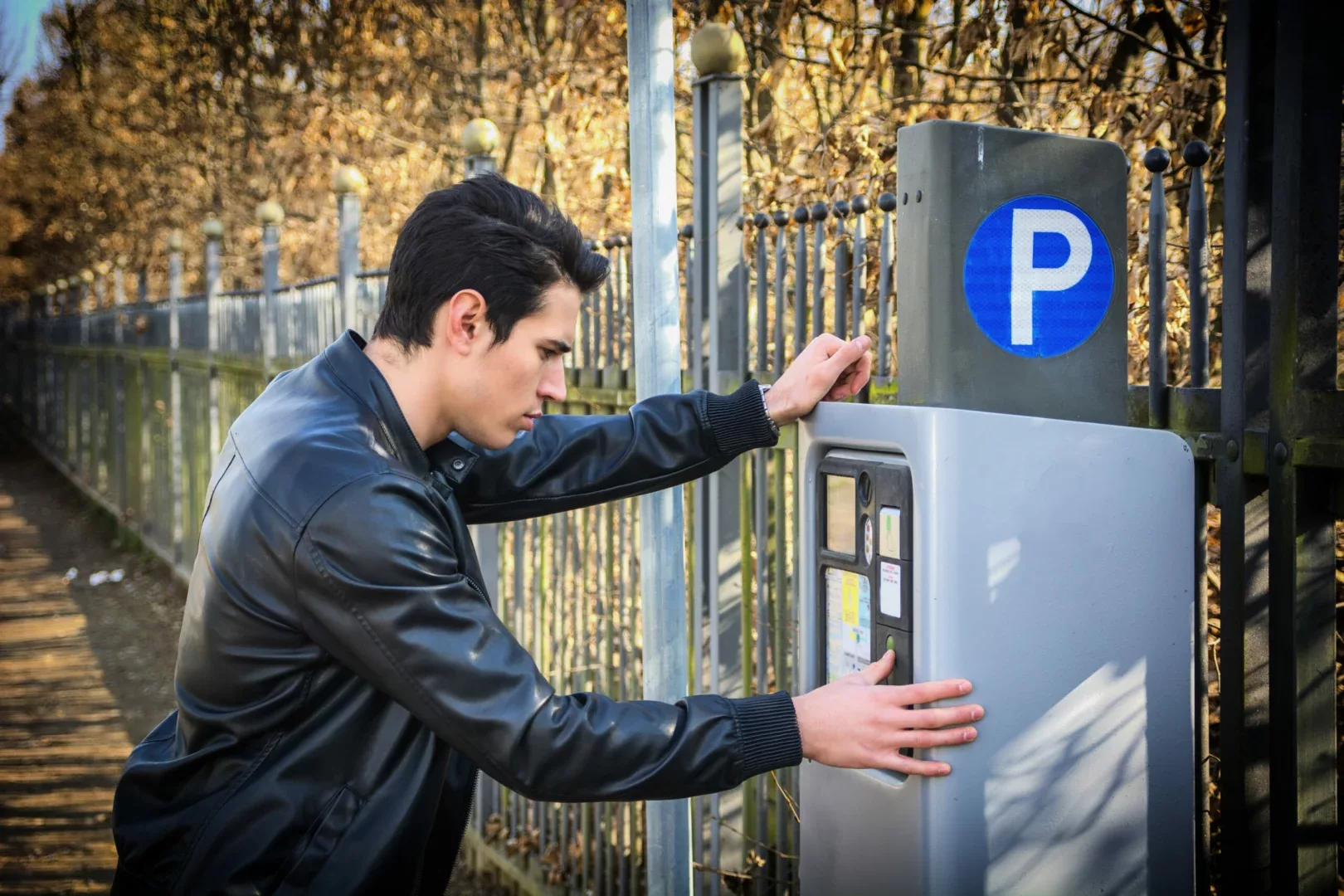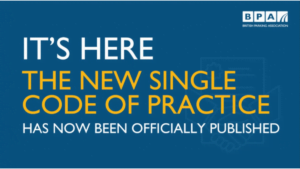More than 20 councils across England are to remove pay and display parking machines and asking people to pay using an app only instead.
Eight councils – all in London – have already removed all their machines, while 14 have removed some.
Councils say this saves money by reducing the risk of theft and avoiding the need to upgrade machines, according to a BBC report.
But charities say the changes are “disastrous” for people without a smartphone, especially the elderly.
A growing number of councils are getting rid of traditional pay and display meters because mobile operators are switching off the 3G networks used to process card payments on older machines, said the BBC report.
Councils say there is also a risk of theft from cash machines, while there are costs associated with collecting cash.
The BBC collated figures for 244 councils across England, which are responsible for parking. Out of the 242 councils which had information on their website or responded to requests for comment, eight had removed all their pay and display machines, while 14 had removed some.
Half of all London councils – 16 – have removed some or all of their machines.
Councils which have already removed all their machines include Bromley, Enfield and Kensington and Chelsea.
Others, including Brighton and Hove, and Slough, have removed some machines or are in the process of doing so. Oxford is also moving towards going cashless at all of its car parks.
As well as payment via app, many councils also offer the option to pay over the phone or in a local shop, said the BBC report.
Out of the councils in Scotland, Wales and Northern Ireland which responded, none had removed pay and display machines.
Nearly a fifth (19%) of drivers say their council has either scrapped machines or is consulting on doing so, according to a survey of 1,900 drivers by the RAC.
The survey found 59% of respondents felt angry about the idea of machines being removed, with the figure rising to 73% for those aged 65 and older.





















